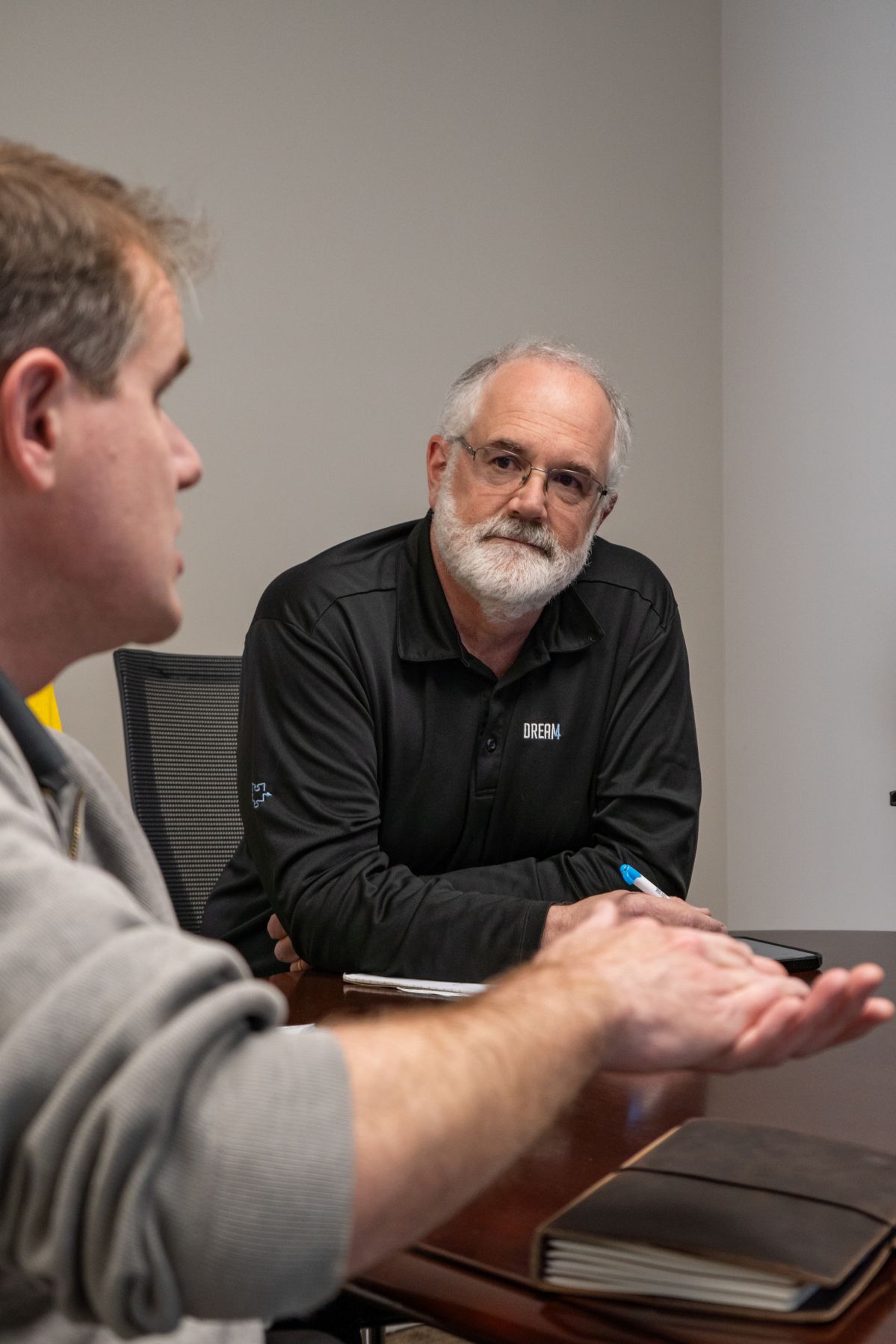Jim was new to the company. Actually, it was his first day. After three hours of orientation, Jim’s boss informed him he will need to take over the training for the rest of the week. There were a few issues with that request, Jim had never seen the material, his background was not in the industry, and the situation was related to COVID, which no one could predict the outcome at that time.
Jim was hired to perform a supporting role and was suddenly thrust into leadership. Though just as glassy-eyed as he was, the group he was leading was hungry, smart, and capable. The stakes were high and relative experience low for them all. The feeling Jim had, in addition to nausea, was a troubling fear that he had nothing to contribute helping the team meet their training goals. Trying to be a good soldier, so to speak, he stepped forward with no idea if the team would be willing to follow or what contribution he would play as the newly positioned leader.
Are you Contributing?
Contribution is noted as; “The part played by a person or thing in bringing about a result or helping something to advance.” In essence, the leader is giving something valuable for the sake of the greater good or goal.
This begs the question, what does a leader have to give to be a valuable contributor to a team? While this may vary from task to task and from team to team, please consider these 3 key behaviors, which go beyond knowledge and experience and help leaders increase their value to build trust among the people they serve.
3 Intangible Ways Leaders Contribute
- They are quick to listen/observe - The leader must assess the audience and gain insights quickly in many cases. This is most effectively done with active listening. The contributing leader is not one to merely bark orders but will listen to the voices around them and observe the situation to attain the best course of action for the team. Practicing active listening is a skill that can be developed in leaders who are willing to resist control and ask the right questions which contributes to trust.
- They are available/present - It is hard for a leader to be effective if they are micromanaging, over-committed, closed off, or absent. The best way to contribute is to make yourself available to the team as the leader trusts them to execute their key tasks. As a leader, it is easy to become overcommitted, disconnected, and too goal-oriented thereby missing the leadership principle of simply being mentally, emotionally, and physically available to their teams.
- They are collaborative problem solvers - Contributing leaders must love to solve problems. But they should not seek to solve problems alone. One of the most powerful skills to develop is a type of collaboration that leads to clarity and commitment which sustains trust. Guiding teams in healthy, dynamic, and sometimes difficult discussions is a significant contribution for leaders. It can be tempting to solve the problem quickly by relying on your authority and expertise, but the effective leader trains and equips their teams in collaboration.
Balancing Doing and Leading
Many leaders relegate their contribution to knowledge, experience, directives, and/or a “get it done” ability. While all of those are valued skills and possibly how the leader was chosen, the above intangible traits serve long-term to grow authentic versus merely positional leadership.
At the end of the week, Jim had to guide his team to pass federally-regulated tests and get them certified in the processes they knew nothing about four days earlier. (Side note for the curious-minded, they passed) Without the ability to rely on experience and subject matter expertise, the only skills Jim could offer was listening to, being present with, and collaborating with the team. Utilizing these skills do not come naturally. In this case they came into use because they were the only tools available. When leaders intentionally employ these often unseen skills, teams will recognize the fruit of the leaders contribution, even if they don’t always know how or choose to acknowledge them.
Leader Check-in
- In the course of a month, what opportunities do you create to listen and collaborate with your teams?
- How often do you find yourself telling them what to do rather than asking questions?
- How often do you find out things that have happened on your team that you were not aware of?
- How often do you hear team members say, “I know you’re really busy, but…”
- Do you notice body language when you are speaking? Is your team open or closed to you when you speak?
Please schedule a call today for more on DREAM4 and their impact on organizational well-being and leadership development.




